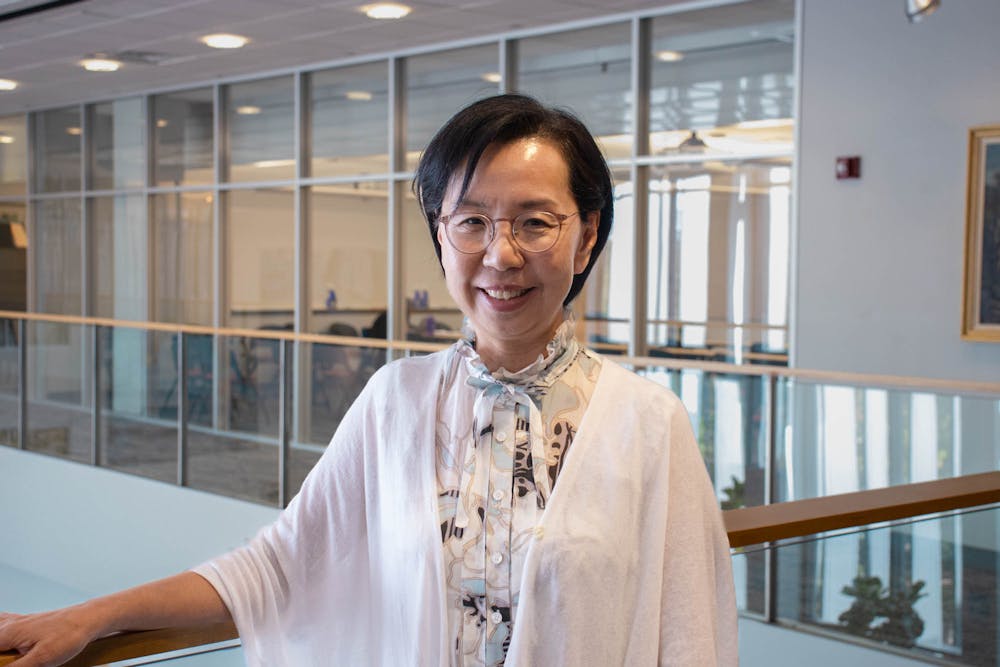Throughout her career, Emmy-award winning documentarian Deann Borshay Liem has used her personal experiences to explore Korean identity and history through film.
Two of Liem’s films, “Geographies of Kinship” and “Crossings,” are being screened as a part of the Carolina Asia Center’s Korean Diaspora Films and New Media Series, which started in early September and extends into November.
After receiving a grant from the Korea Foundation, professor Ji-Yeon Jo, the director of the Carolina Asia Center, organized the four film screenings at the Nelson Mandela Auditorium in the FedEx Global Education Center by three critically-acclaimed artists within the Korean diaspora.
Each of the films explores aspects of the global diasporic experiences of Korean people, including topics such as transnational adoption and the Korean War and division. Jo said that the diaspora is intricately related to and intertwined with geopolitical history in Korea.
“If they don't know anything about the Korean Peninsula, Korean War and the armistice agreement, they may be very puzzled, but may be intrigued to learn more,” she said.
The first screening of the series, Soni Kum's film “Morning Dew,” was on Sept. 7. Jane Jin Kaisen's film “The Woman, The Orphan, and The Tiger" was shown on Oct. 3.
At the screenings, attendees have the opportunity to engage with topics that are not necessarily well known, Jo said.
“I kind of wanted to bring not the conventional filmmakers — filmmakers who position themselves between filmmaker and artist, and I wanted them to kind of represent different kinds of and also contents of film,” Jo said.
The Carolina Asia Center teamed up with the UNC Department of Art and Art History to bring Soni Kum as a guest lecturer alongside her screening on Sept. 7.



